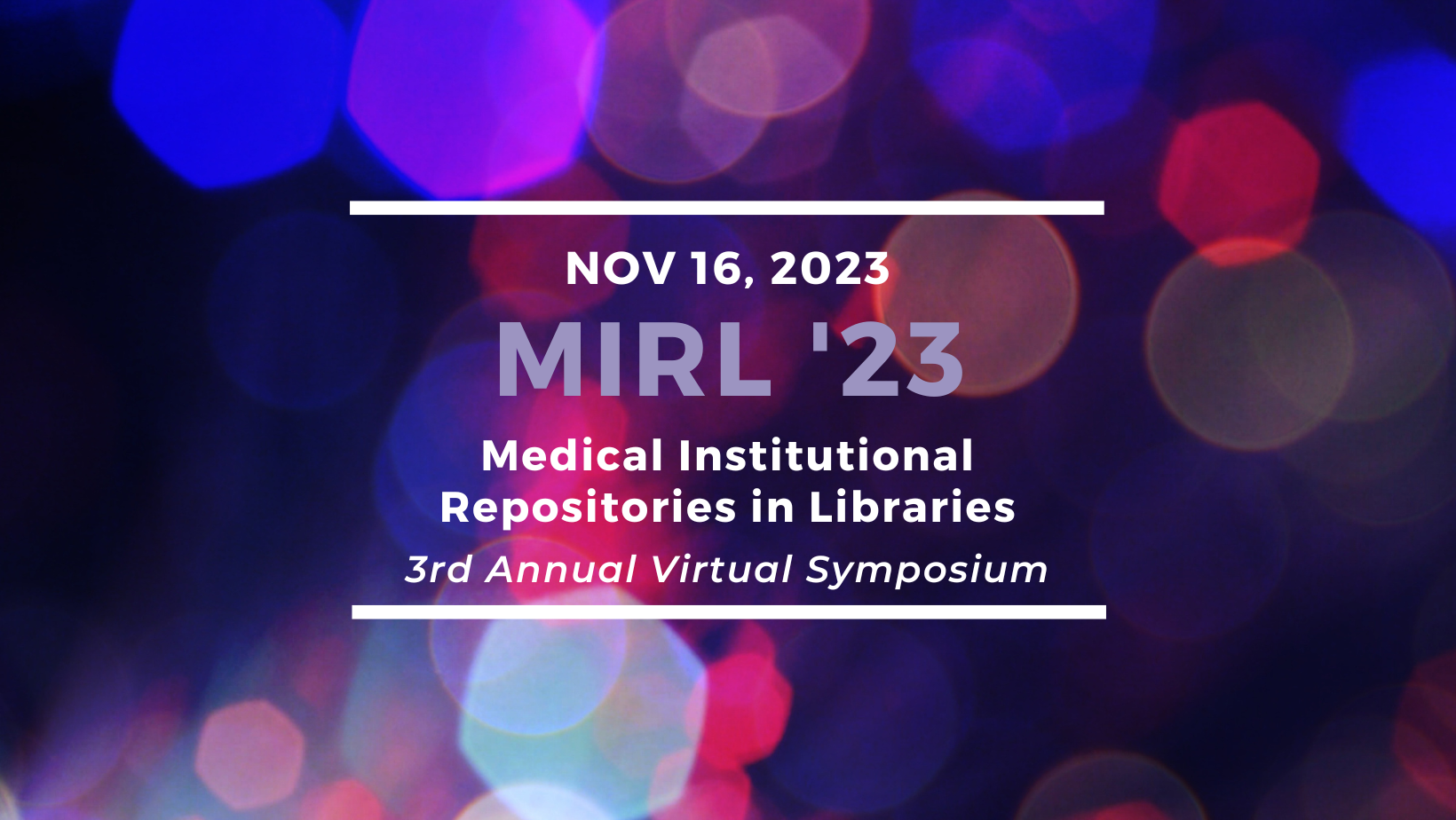Loading...
Presentation Type
Presentation
Date
2023-11-17
Description
Fedora is an open source, digital preservation focused digital repository platform used for the management and dissemination of digital content. Used by a wide variety of institution types and scientific research centers, Fedora provides the flexibility and extensibility needed to store and provide access to large and complex collections of digital objects for long-term preservation. Agnostic of the file formats it can accept, Fedora is well suited to handle a variety of use cases with a focus on providing robust digital preservation.
Since it's release in 2021, the Fedora community has focused on supporting migration efforts to Fedora 6.x. A year after release, there were only approximately 6 known institutions who had either migrated too, or were in the process of migrating. But now, there are 14. This growth, partnered with an increase in migration efforts, has helped shape the community's technical focus to meet our users where they need us most.
Keywords
Institutional repositories
Open Access
1
Rights and Permissions
Copyright © 2022 The Authors.
Repository Citation
Griffith, Arran, "Fedora™ 6.x Migration Work" (2023). Medical Institutional Repositories in Libraries (MIRL). 18.
https://hsrc.himmelfarb.gwu.edu/mirl/2023/program/18
Fedora™ 6.x Migration Work
Fedora is an open source, digital preservation focused digital repository platform used for the management and dissemination of digital content. Used by a wide variety of institution types and scientific research centers, Fedora provides the flexibility and extensibility needed to store and provide access to large and complex collections of digital objects for long-term preservation. Agnostic of the file formats it can accept, Fedora is well suited to handle a variety of use cases with a focus on providing robust digital preservation.
Since it's release in 2021, the Fedora community has focused on supporting migration efforts to Fedora 6.x. A year after release, there were only approximately 6 known institutions who had either migrated too, or were in the process of migrating. But now, there are 14. This growth, partnered with an increase in migration efforts, has helped shape the community's technical focus to meet our users where they need us most.


